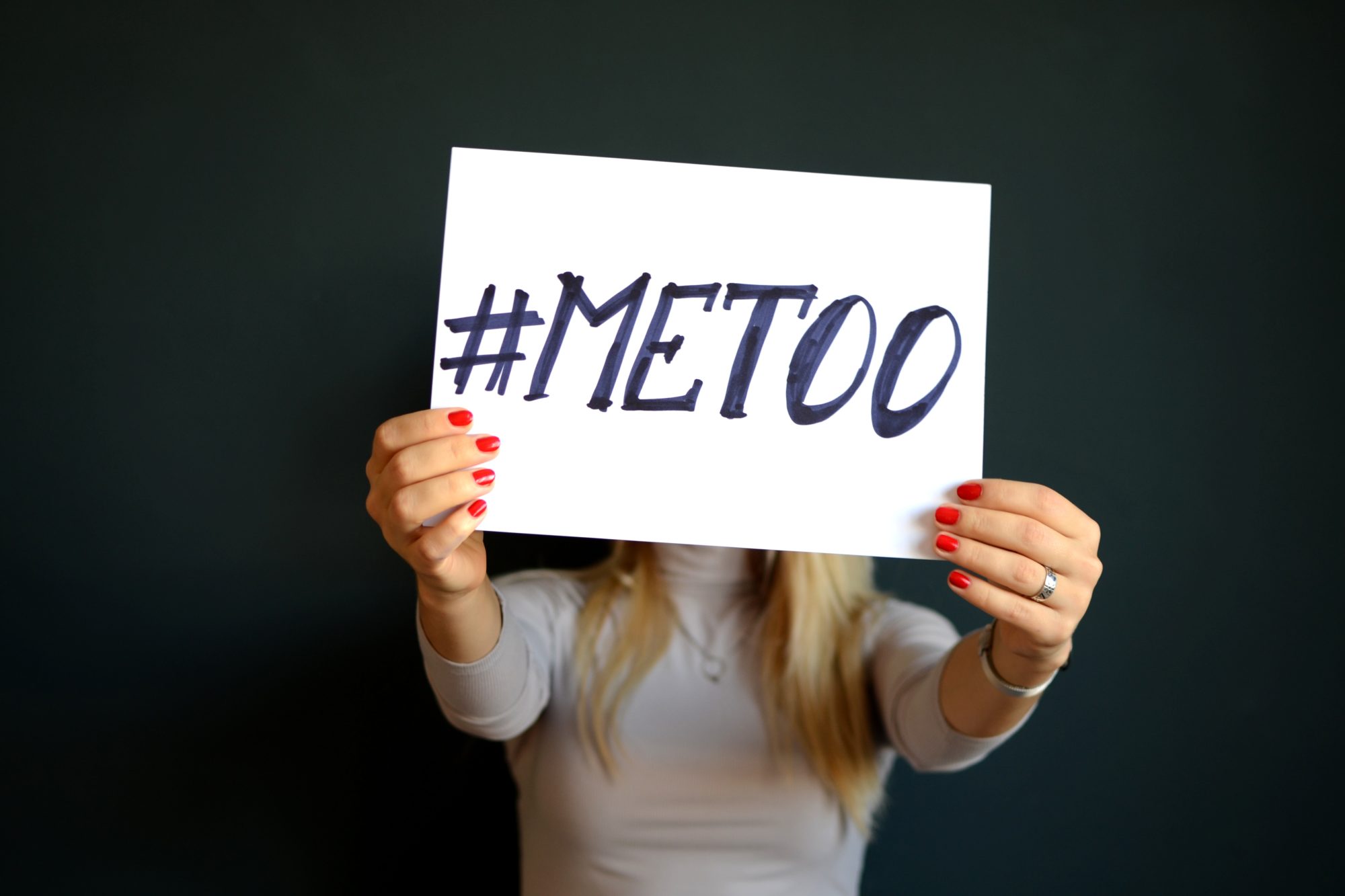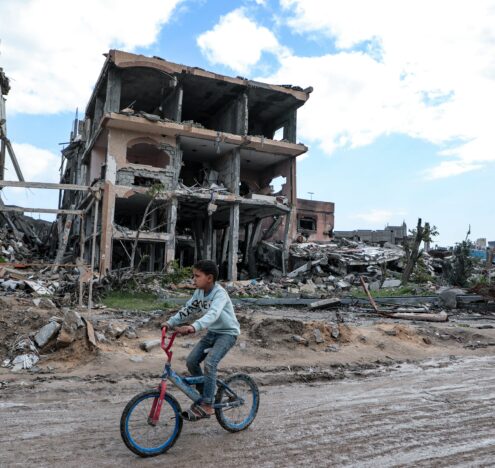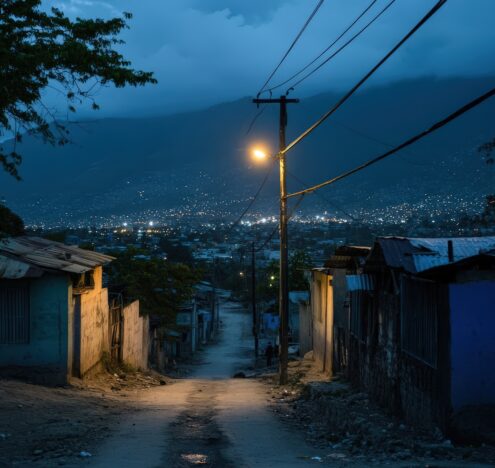When allegations of gross sexual misconduct (I mean gross in both ways) against Harvey Weinstein went public last month, my Facebook feed became flooded with #metoo. I didn’t participate then, after much internal debate. I, like almost every woman I know, have been harassed, discriminated against, and/or assaulted because of my gender. I felt like my story wasn’t that bad. I didn’t want to open it up to questions, sympathy, or incredulity. I didn’t want to seem like I was hopping on some hipster feminist trend. I felt a little like it wasn’t really going to change anything. But when I had the opportunity to sign the recent letter along with 222 other women in the national security space, I signed.
First and foremost, I signed for national security. The national security space, now more than ever, needs the best and most diverse minds. Among other groups, the national security space needs women. It’s critical that we create and protect an environment that attracts and retains women. That means an environment where women can come to work, be heard and respected, and do their job – without being assaulted, disrespected, threatened, or harassed. This isn’t, or shouldn’t, be the passion of the political left or the “social justice warriors” (which I still don’t understand as an insult), it should be a matter of national security. Which means military leaders, policymakers, and the mothers and fathers who send their sons and daughters off to war should be championing this cause. I read an article recently about rural areas bearing the disproportionate burden of war. I know those areas, I’m from one of those areas. These are the people who should care the most about diversity in national security, because they are the ones who suffer the most when we get it wrong, and in this area, we’ve been getting it horribly wrong.
I signed for women. As a leader, I felt I had a responsibility. I let a lot of things slide during my time in the Marine Corps. Sometimes because I too had a warped sense of humor, sometimes in an effort to be one of the boys, sometimes because I was just too tired to fight that day. It was one of those days when I let something slide that a mentor pulled me aside and encouraged me to say something – not for myself, but for the junior Marines. Even if I wasn’t personally offended by a comment or behavior, I had a responsibility to set the tone and create a productive environment for the Marines I was in charge of. He added that whatever I was hearing as an officer was most likely the light version compared to what the junior Marines dealt with every day. I signed in solidarity with women who have less of a position, or maybe a quieter voice. I signed in support of those who suffered far worse harassment or assault that I did.
I signed for myself. I’ve always considered myself to be a strong independent woman. I’ve never shied away from standing up for what I believe in or standing up for myself. So I was unpleasantly surprised when recently, when sexually harassed, I withdrew, embarrassed to be a woman and humiliated by some man. I recently heard an interview in which a woman said she had never experience harassment because her father had taught her how to stand up for herself. Her mother chimed it “that’s the solution, to raise strong daughters.” I’m a big believer in female agency, and a passionate champion of the idea that we need to raise strong women, but when I heard that I winced. Raising strong women is definitely part of the solution. Predators often target those they perceive to be weak, but even the strongest among us can be attacked. When asked recently if I had ever experienced something like what was in the news, I was embarrassed – half because I felt like I was a victim and half because I felt like I wasn’t victim enough. My stories were mild in comparison to my sisters’ and I was embarrassed that they affected me the way they did. Signing something so public was a way for me to cast that embarrassment off, hopefully onto those predators who deserve it.
I signed for all of us. As each day brings a new accusation, my male friends continue to remark with some version of “Will it ever stop?” “Who’s next?” “This is crazy.” Or “Can you believe that?” Yes. Yes, I can believe that. Each time I hear it, I think about how my female colleagues and I have been saying this for years. The only shocking part about how widespread these allegations are, is that people are shocked about how widespread these allegations are. I remember an encounter with a male co-worker sometime last year where I made an offhand remark about recent street harassment. When the man realized that I was serious, he was shocked. He hadn’t realized that men yelled sexually aggressive things at women on the street because he would never think of doing something like that. So, I signed for my male allies, both current and potential, for the men that are too good to think that other men aren’t. I signed for the men who thought that something they witnessed was an isolated incident – that it isn’t a widespread societal problem, or that it doesn’t impact us. If we want men to help fix this problem, and we need men to help fix this problem, then we have to make sure they know it exists. Sure, some don’t want to know. Sure, it seems ridiculous, I mean how can they not know? I’m going give men the benefit of the doubt because as a feminist, I believe in men. I have great men as my friends, my allies, and my mentors. But this means, for men, that the “I didn’t know” excuse is rapidly becoming untenable.
I believe that the solution to every problem starts with a discussion. In the Marine Corps, we call it problem framing. By signing along with some of the brightest, most influential, and most admirable women in the national security space, I’m hoping to contribute to that discussion. The solution, however, is on all of us.




















